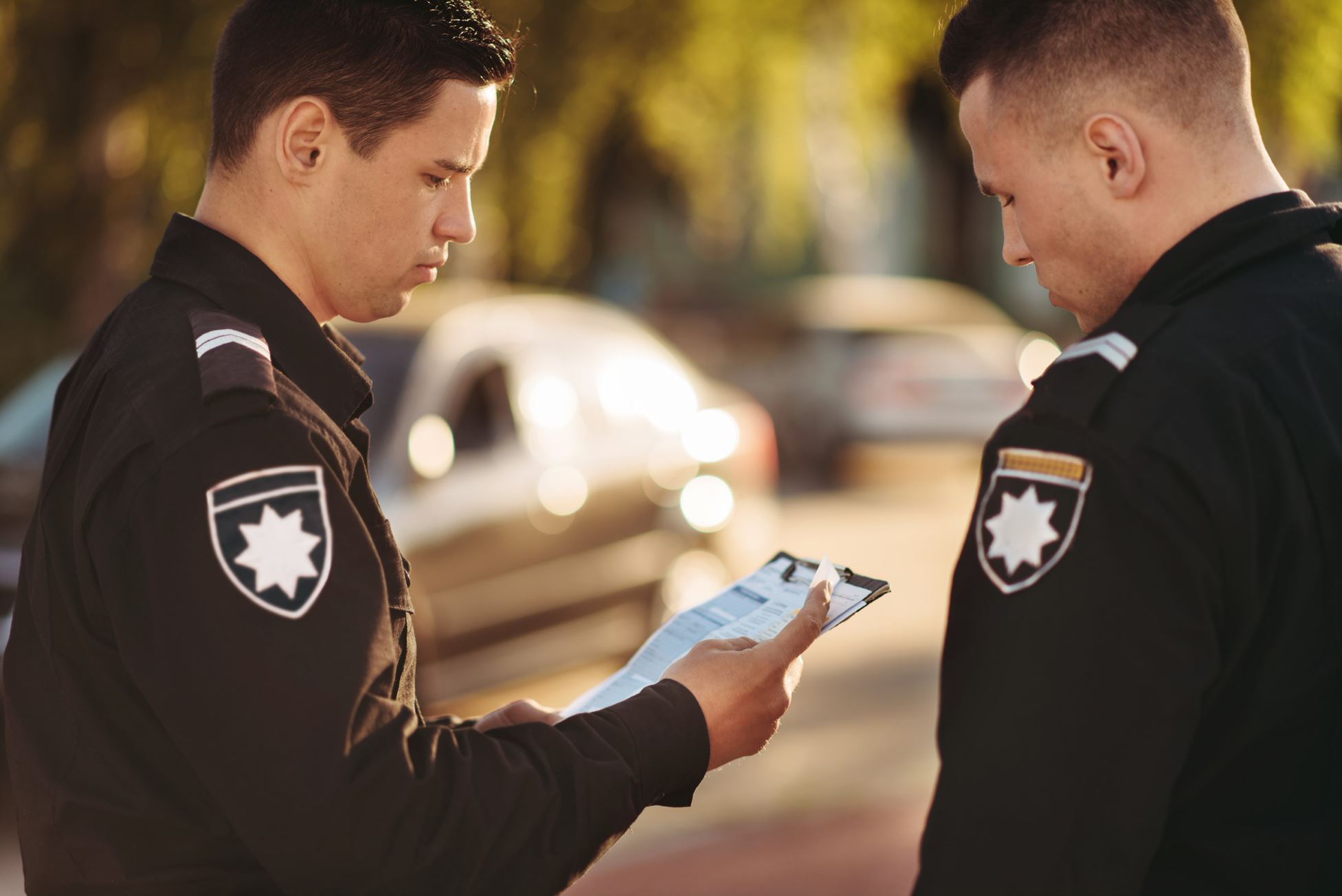Do Random Traffic Stops and DUI Arrests Really Work To Stop Drinking and Driving?
We all know that drinking and driving can have very serious consequences – consequences that are recognized by state laws across the nation. But have you ever wondered how effective these laws are at deterring people from getting behind the wheel when they’ve had too much to drink?
A recent study, published last month in the medical journal Alcoholism: Clinical and Experimental Research, took a look at this question. Using data from the 2007 National Roadside Survey, the researchers tackled the issue of which forms of enforcement of our current drunk driving laws were the most effective.
The study found that two enforcement measures were particularly effective in terms of deterring people from drinking and driving. Those states with a higher number of random traffic stops per state residents and a higher number of DUI arrests per state residents had a lower rate of drunk driving.
When it came to random stops, states that performed less than 228 random traffic stops for every 10,000 drivers had four times greater odds of randomly recording an illegal BAC level of 0.08 percent than states which performed 1,275 or more random traffic stops for every 10,000 drivers.
What measures don’t work? The study found that states that performed higher rates of “saturation patrols”, where law enforcement officers watch for signs of drinking and driving behaviors like weaving in and out of traffic, showed no reduction in their drunk driving rates.
The study was, unfortunately, unable to determine the effectiveness of sobriety checkpoints, where all drivers are directed to pull over at clearly marked roadside stops and given a DUI screening, as there was a lack of sufficient data: only one of the police agencies in the data examined performed such sobriety checkpoints.
If you or someone you love has suffered serious injuries as a result of a collision with a drunk driver, an experienced Texas personal injury attorney can help you receive the compensation to which you are entitled. Robert Greening is the principal attorney at GreeningLaw, P.C. He has dedicated his 24 years of practice to the litigation of wrongful death and serious injury cases. If you have any questions, contact GreeningLaw, P.C. at 972-934-8900.





